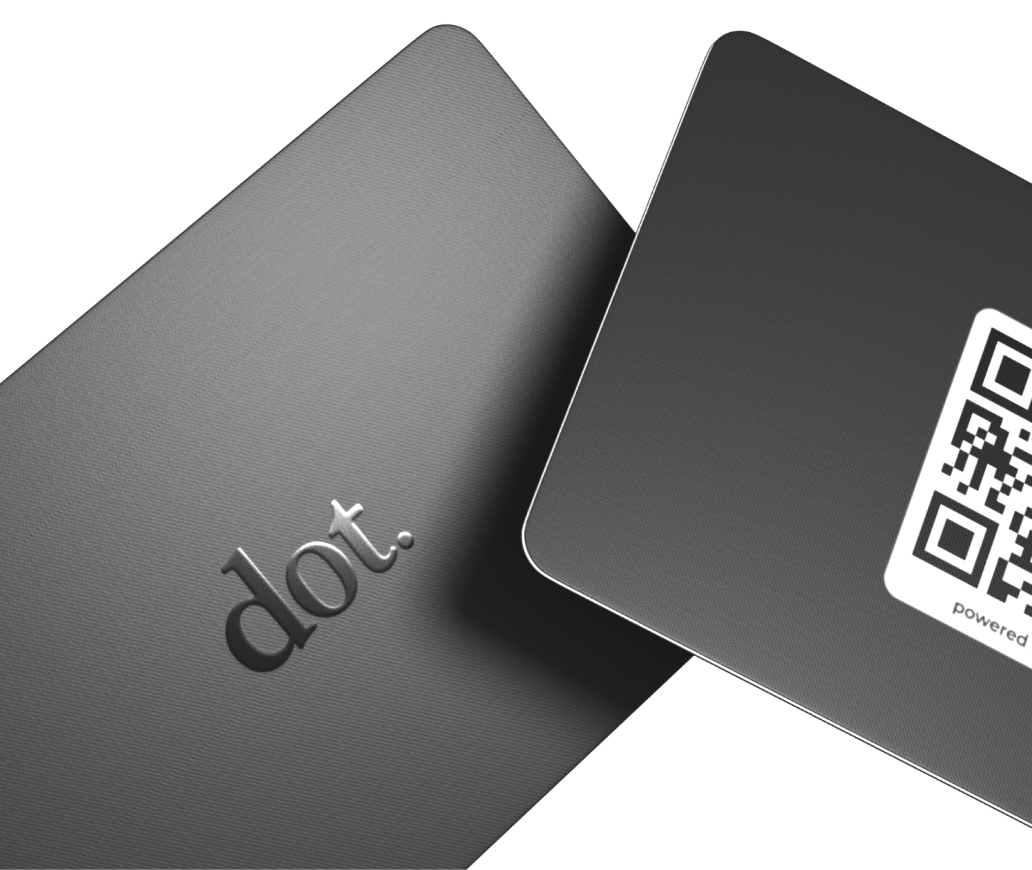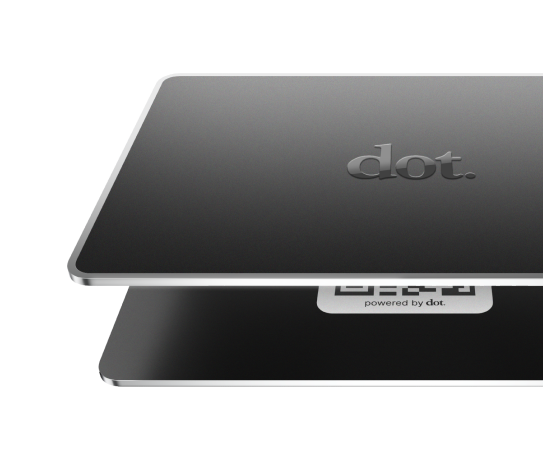Technology has truly revolutionized the business world, offering solutions to long-standing problems and opening up new avenues for growth and expansion. As technology continues to develop, the innovations seen in our personal lives are beginning to trickle into our professional life too. From automation and AI to blockchain technology, cloud computing, and cybersecurity, businesses are transforming the way they operate, interact with customers, and deliver products and services. In this article, we’ll take a deep dive into these differing forms of technology, and learn a bit about each and just how they might change the way you approach your business.
The Rise of Automation and Artificial Intelligence
The rise of automation and AI has transformed the business landscape by streamlining and optimizing various business processes. With automation, businesses can automate tedious and repetitive tasks, which saves time and improves productivity. For instance, in manufacturing, robots can perform complex tasks such as welding, painting, and assembling products more quickly and accurately than humans. This automation not only reduces labor costs but also enhances product quality and speed to market.
Artificial intelligence is another technology that has become ubiquitous in modern businesses. AI, in so many words, is the ability of machines to perform tasks that require human-like intelligence such as visual perception, speech recognition, and decision-making. AI is used in various business applications, including customer service chatbots, personalization engines, and predictive analytics. For example, AI-powered chatbots can engage with customers in real-time, answer questions, and resolve issues without human intervention. AI algorithms can also analyze vast amounts of customer data to provide personalized recommendations, offers, and promotions that are tailored to each customer's preferences.
The Emergence of Blockchain Technology
Blockchain technology is a decentralized and secure digital ledger that enables secure and transparent transactions without the need for intermediaries such as banks or governments. Blockchain has become a game-changer for businesses as it offers a more secure and transparent way of conducting transactions, storing data, and tracking assets. In finance, blockchain has enabled the creation of cryptocurrencies, which have become a popular alternative to traditional payment methods. Blockchain also offers a more efficient way of managing supply chains, reducing fraud, and ensuring product authenticity.
Apart from finance and supply chain management, blockchain technology is also being used in various other industries. In healthcare, blockchain is being used to manage electronic medical records securely, share data securely and transparently, and track the authenticity of medical products. In the legal industry, blockchain technology is being used to create smart contracts, which are self-executing contracts that automatically enforce the terms of an agreement.
The Advancements in Cloud Computing
Cloud computing has become an essential tool for businesses, providing a cost-effective and scalable solution for data storage and computing power. Cloud computing has transformed the way businesses operate, providing them with more flexibility, accessibility, and security. Cloud computing allows businesses to access their data from anywhere in the world, collaborate in real-time, and reduce their IT costs. The advancements in cloud computing have also led to the emergence of new technologies like edge computing and serverless computing.
Edge computing is a distributed computing model that brings computing power and data storage closer to the edge of the network. This technology is used to reduce latency, improve data processing speed, and enhance user experiences. For instance, in autonomous vehicles, edge computing is used to process sensor data in real-time, allowing the vehicle to make quick decisions and react to changes in the environment. Serverless computing, on the other hand, is a model in which cloud providers manage the infrastructure and automatically allocate computing resources as needed. This technology allows businesses to focus on developing and deploying applications without worrying about infrastructure management.
The Growing Importance of Cybersecurity
As technology continues to advance, cybersecurity has become a growing concern for businesses. With the rise of remote work and the increased use of cloud technology, the risk of cyber-attacks has increased. Cybersecurity is no longer a luxury but a necessity for businesses of all sizes. Cybersecurity solutions are used to protect businesses from cyber-attacks and ensure the confidentiality, integrity, and availability of their data. Cybersecurity solutions include firewalls, antivirus software, intrusion detection systems, and vulnerability assessments.
In addition to traditional cybersecurity solutions, businesses are also exploring new technologies like artificial intelligence and blockchain to enhance their cybersecurity posture. For instance, AI algorithms can detect and respond to cyber-attacks more quickly than humans, while blockchain technology can provide a more secure and transparent way of storing and sharing data.
The Impact of Technology on Customer Experience
Technology has had a significant impact on the way businesses interact with their customers. With the rise of social media and mobile technology, customers are now more connected than ever before, and businesses must adapt to this changing landscape. Businesses are using technology to enhance the customer experience by providing personalized and real-time interactions.
One way businesses are using technology to enhance the customer experience is through the use of chatbots. Chatbots are AI-powered virtual assistants that can engage with customers in real-time, answer questions, and resolve issues that may otherwise take time away from your employees to take care of other important tasks. Chatbots can provide a 24/7 customer service experience, reduce wait times, and improve customer satisfaction.
Another way businesses are using technology to enhance the customer experience is through the use of personalized marketing. Personalized marketing involves tailoring marketing messages and offers to each customer's individual preferences and behaviors. Personalized marketing can improve customer engagement, increase sales, and build brand loyalty.
Technology Trends to Watch
The future of business will continue to be shaped by technology, and businesses that stay ahead of the curve will have a competitive advantage. Some of the technology trends to watch include:
- The rise of 5G networks: 5G networks will provide faster internet speeds and enable new technologies like autonomous self-driving vehicles and smart cities.
- The emergence of quantum computing: Quantum computing will revolutionize computing power, enabling businesses to process vast amounts of data more quickly and efficiently.
- The growth of the Internet of Things: IoT devices will become more prevalent, allowing businesses to collect and analyze vast amounts of data from connected devices.
- The adoption of augmented reality and virtual reality: AR and VR will transform the way businesses interact with customers, providing immersive and interactive experiences.
There’s simply no denying that technology is changing the game for businesses, and the future looks bright for those who embrace it. Automation, AI, blockchain, cloud computing, cybersecurity, and customer experience are just some of the ways technology is transforming the business world. As technology continues to advance, businesses must stay ahead of the curve to remain competitive and provide innovative solutions to their customers.










































